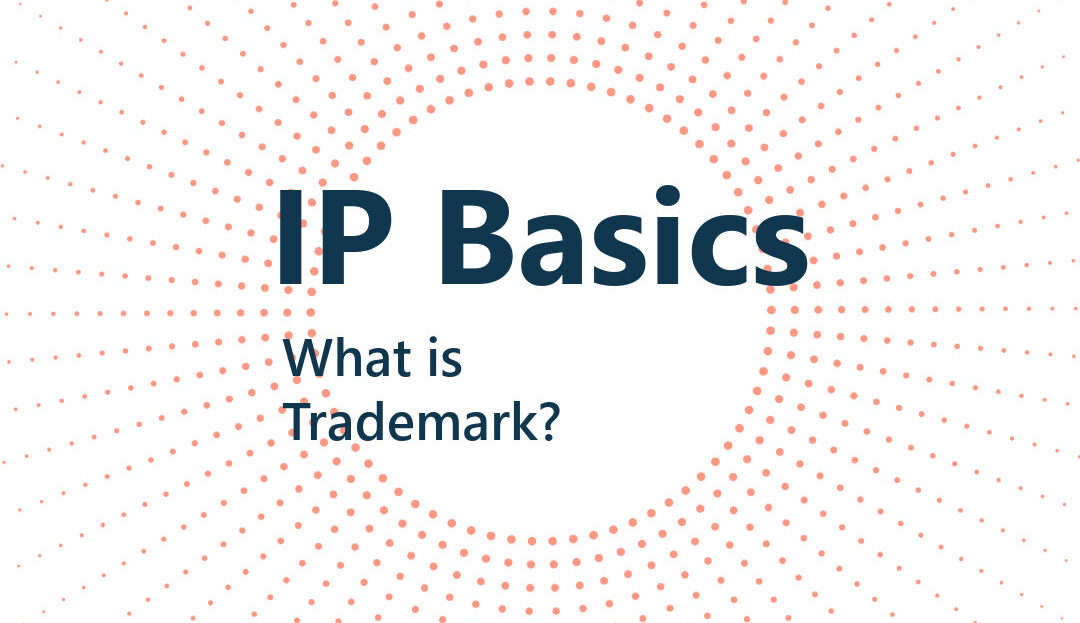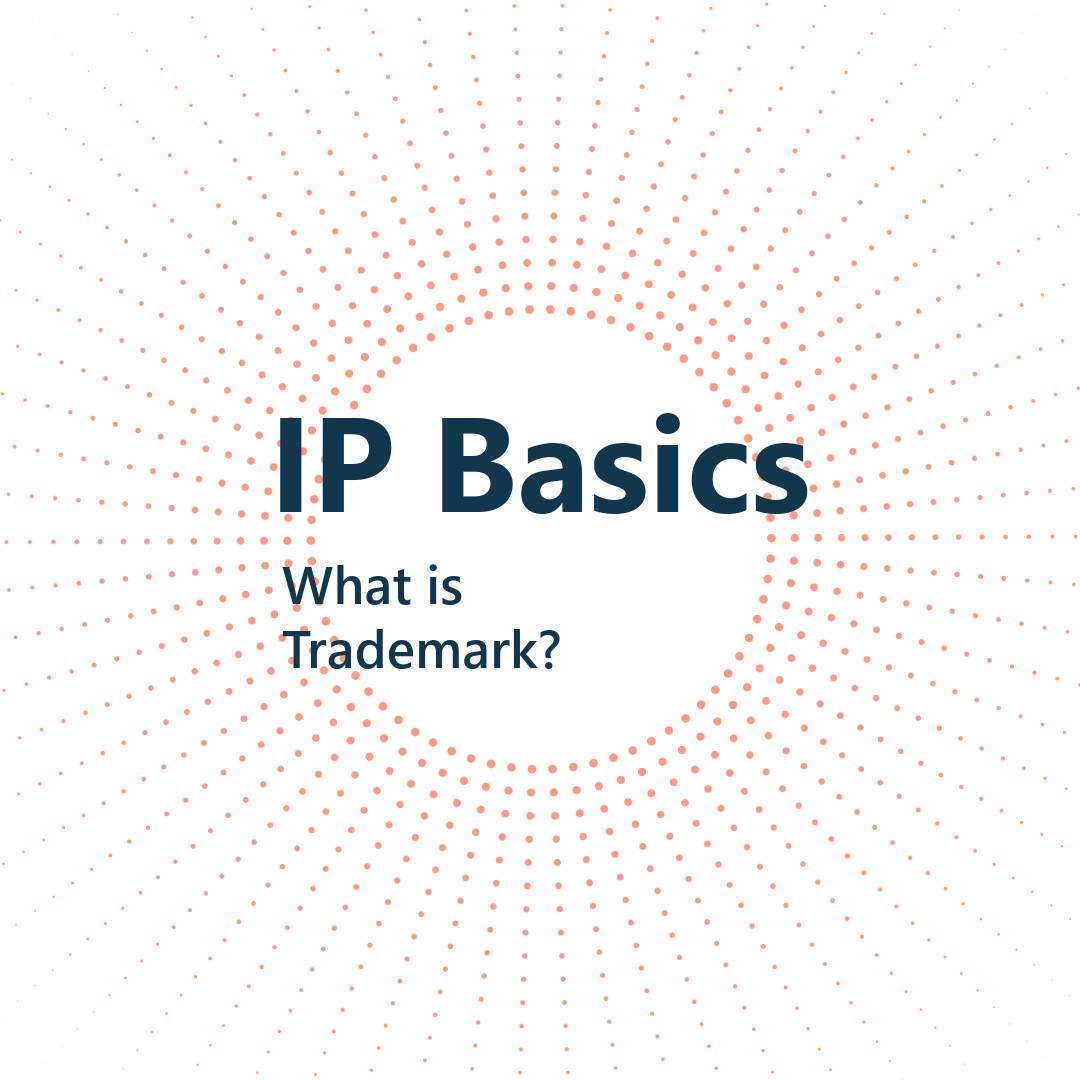

A trademark is essentially your brand's signature - any word, name, symbol, or combination that sets your business apart from the competition. Think of Nike's swoosh, McDonald's golden arches, or even that distinctive pink color Owens-Corning uses for insulation. These aren't just design choices; they're powerful legal assets that tell customers exactly who they're buying from.
Whether you're selling products or services (in which case it's technically called a "service mark"), your trademark serves two crucial purposes: it identifies your business as the source, and it represents the quality and consistency customers can expect from you.
Here's what makes trademarks so valuable: once you establish rights in a trademark, you gain exclusive control over it. This means you can prevent competitors from using confusingly similar marks that might steal your customers or damage your reputation. Some brands become so recognizable - think Coca-Cola or Apple - that they're protected across virtually all industries.
The key insight? Your trademark rights come from actually using your mark in business, not just thinking of a great name. Use creates ownership, and ownership creates protection.
This is where strategy matters. While it might seem smart to pick a name that clearly describes your product, descriptive marks are actually the hardest to protect legally. Words like "Fast Delivery Service" or "Best Coffee" are either impossible to trademark or require you to prove they've become uniquely associated with your business over time.
The strongest trademarks are either:
Before you fall in love with a name, invest in a trademark search. Just because you can register your business name with the state doesn't mean you won't be infringing someone else's trademark rights. These are separate legal systems with different rules.
While you don't need to register a trademark to own it, registration supercharges your rights. Federal registration with the USPTO gives you:
The process takes anywhere from a year to several years, and you'll need to renew every 10 years with some maintenance filings in between. You can even file an "intent-to-use" application before you launch, giving you a priority date while you prepare for business.
Pro tip: You can use ™ and ℠ symbols right away to show you're claiming trademark rights, even before federal registration.
Trademark infringement happens when someone uses your mark (or something confusingly similar) in a way that could mislead customers about who's behind the product or service. The law also protects famous marks from "dilution" - uses that weaken the mark's distinctiveness even without direct confusion.
If someone infringes your trademark, you have real remedies: you can get court orders stopping the infringement, monetary damages, destruction of counterfeit goods, and in exceptional cases, recovery of your attorney's fees.
Now you understand that trademarks are more than just names and logos - they're valuable business assets that require strategic thinking. You know that:
With this knowledge, you're equipped to make informed decisions about protecting your brand identity. While working with a trademark attorney ensures you navigate the complexities correctly, you now have the foundation to understand your options and protect what you build.
From general questions to potential IP misuse, choose the option that best fits your case.
Our team will review your submission and get back to you as soon as possible.